
2023-24 Fellows
- Overview
Overview
The 2023-24 Schweitzer Fellows include 28 outstanding students representing 11 schools, 11 disciplines, and 19 academic programs. The Program’s interdisciplinary approach exposes students to real-world inter-professional collaborative care. Each of the Fellows will design and implement year-long projects to address a variety of urgent health needs (including social determinants of health) facing Chicago’s underserved communities.
_________________
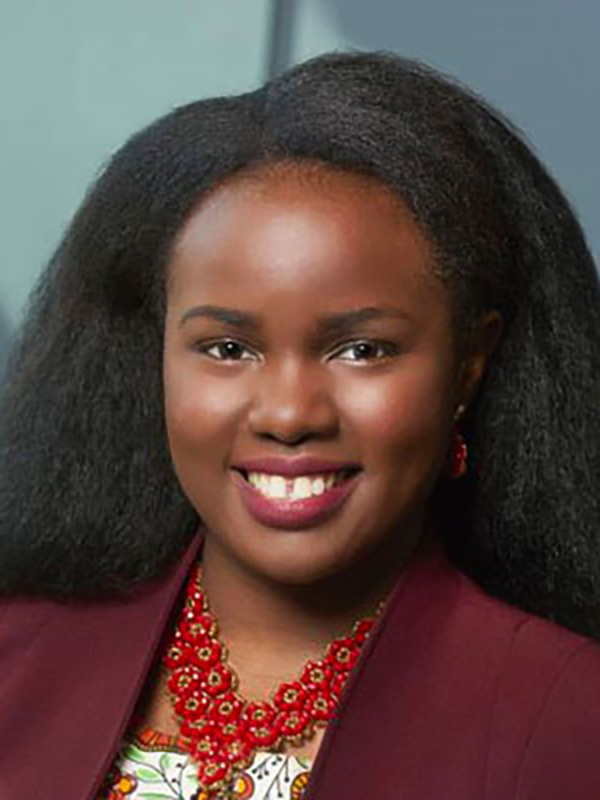
Oluwamuyiwa Winifred Adebayo, Rush University, Medicine
Oluwamuyiwa proposes to develop a multimodal educational intervention for African American/Black adults living with cardiovascular diseases. This educational intervention will promote self-management and wellness and facilitate tertiary prevention.
_________________
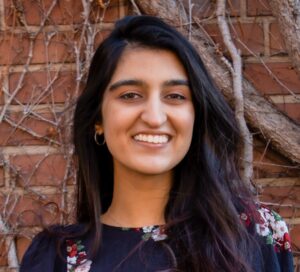
Hana Ahmed, University of Illinois at Chicago, Medicine
Hana Ahmed is interested in women’s health and medicine for those who are incarcerated. She will be working at the Cook County Jail to deliver a course structured around narrative therapy and storytelling to empower women to take ownership of their stories.
_________________
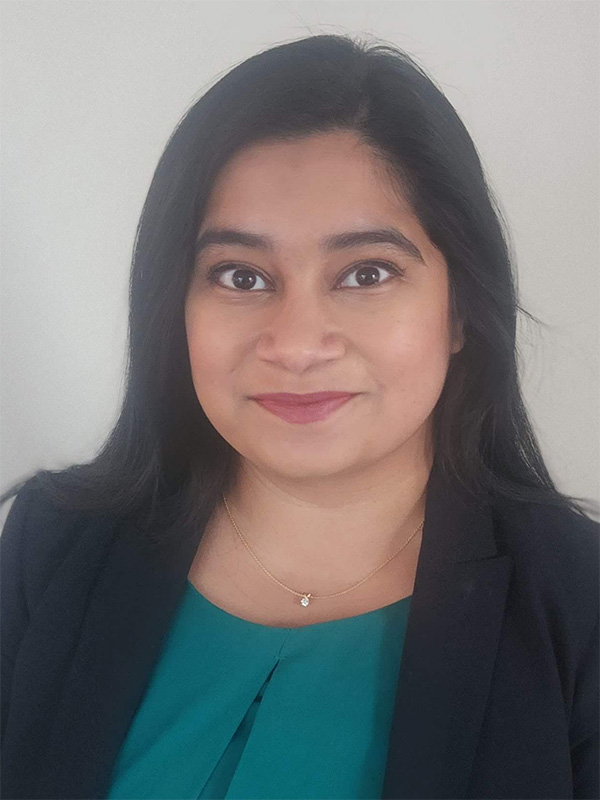
Syeda Akila Ally, University of Illinois, Medicine
Akila proposes to initiate nutrition and chronic disease prevention classes for South Asian immigrant women. The classes will dispel myths about chronic diseases and provide social support and community connections.
_________________
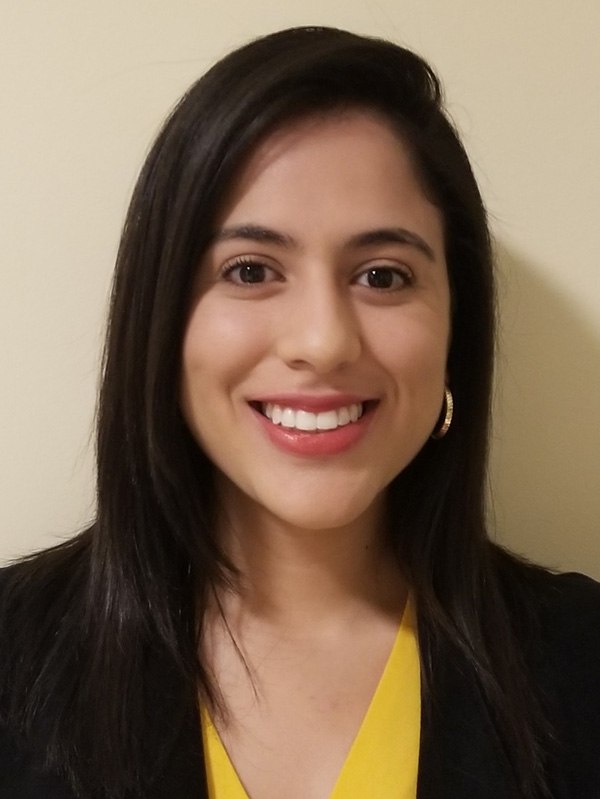
Ruth Londono Alzate, Rosalind Franklin University, Medicine
Ruth proposes to initiate a healthy lifestyle and empowerment program for at-risk youth that come from financial struggles. The program will provide educational seminars and leadership courses to youth. This program will empower these youth to believe in themselves and positively impact their community.
_________________
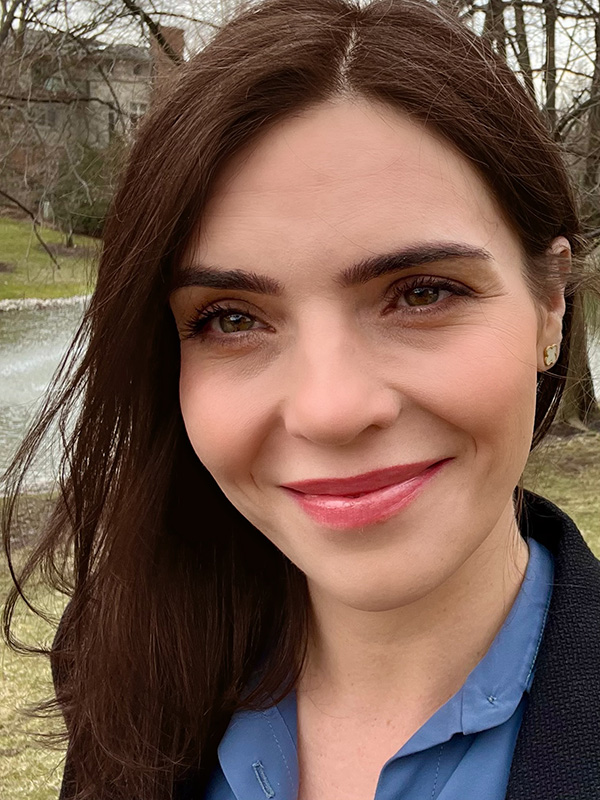
Karyn Byrne, National Louis University, Community Psychology
Karyn is passionate about establishing safe, accessible spaces where community members can receive social support regarding weight wellness. The weekly meetings to be offered will provide education on topics chosen by community members and social support to promote healing and a sense of community.
_________________
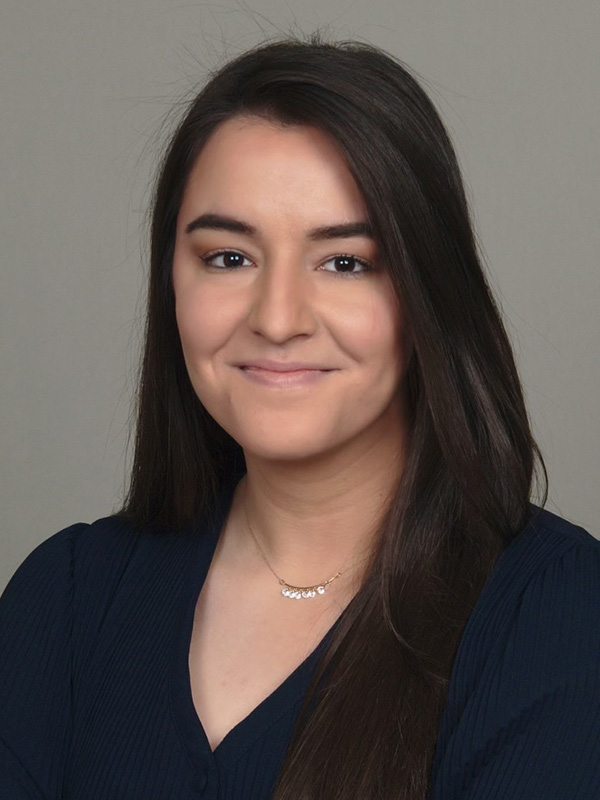
Ivana Chmielewski, North Park University, Nursing and Business
Through collaboration with Swedish Hospital, Ivana will develop literacy education with a focus on mental health and social determinants of health to provide transcultural nursing resources that empower the community of immigrants, refugees, minority, and unhoused individuals in a safe community space.
_________________
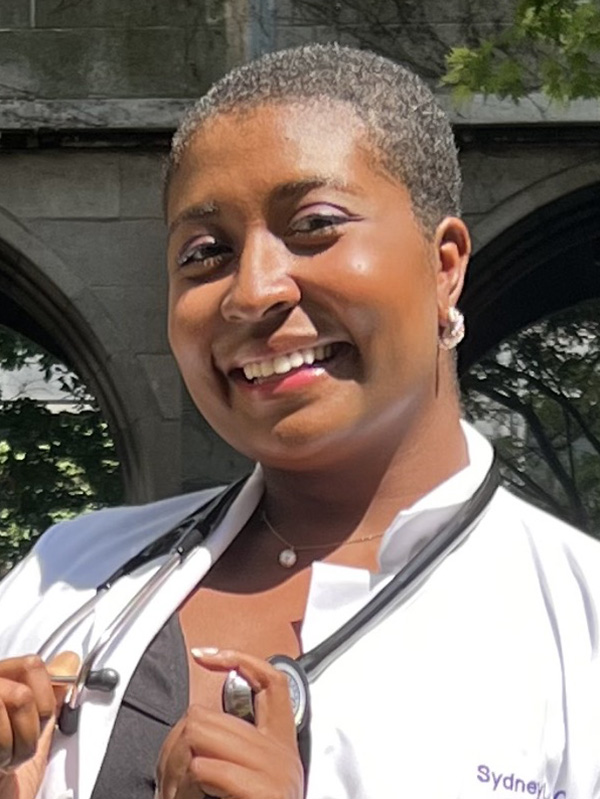
Sydney Cush, Northwestern University, Medicine
By working with community health clinics, Sydney hopes to develop culturally relevant educational materials and a curriculum that will educate black women on reproductive health topics such as endometriosis and self-advocacy in the doctor’s office.
_________________

Inés Debbiche, Northwestern University, Medicine
Inés proposes to educate Hispanic patients at the Community Health Clinic to increase health literacy and improve hypertension management.
_________________
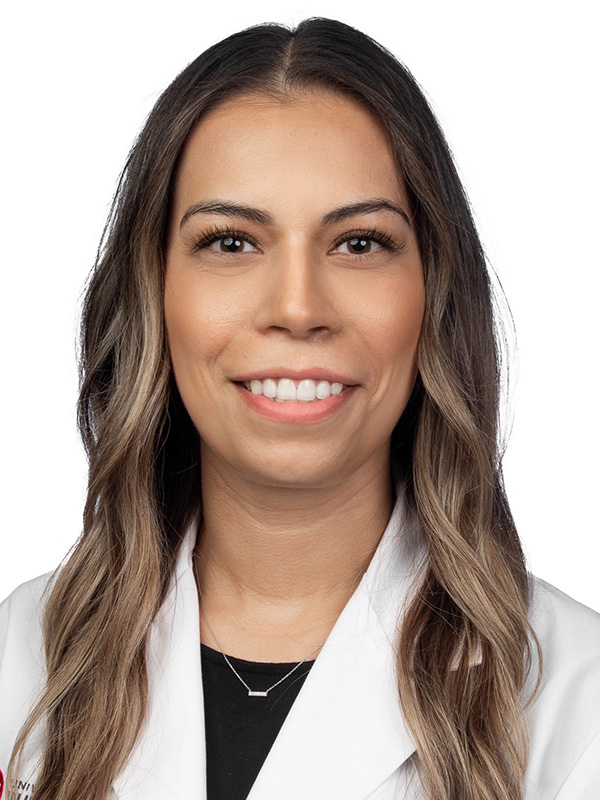
Celeste Guzman, University of Illinois, Pharmacy
Celeste proposes to initiate mental health workshops for the underserved communities of Chicago. Workshops will empower community members to address mental health concerns in their daily lives and continue developing resilience.
_________________
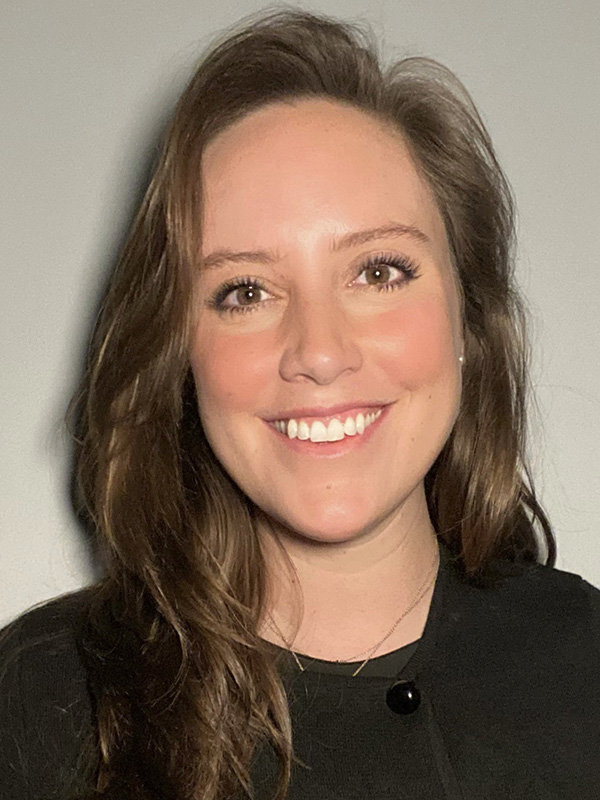
Leah Hoeniges, Rush University, Nursing
Leah plans to implement health literacy training courses on Chicago’s South Side, working to reduce disparities and promote education related to gynecologic cancer screenings, diagnosis, treatment options and survivorship.
_________________
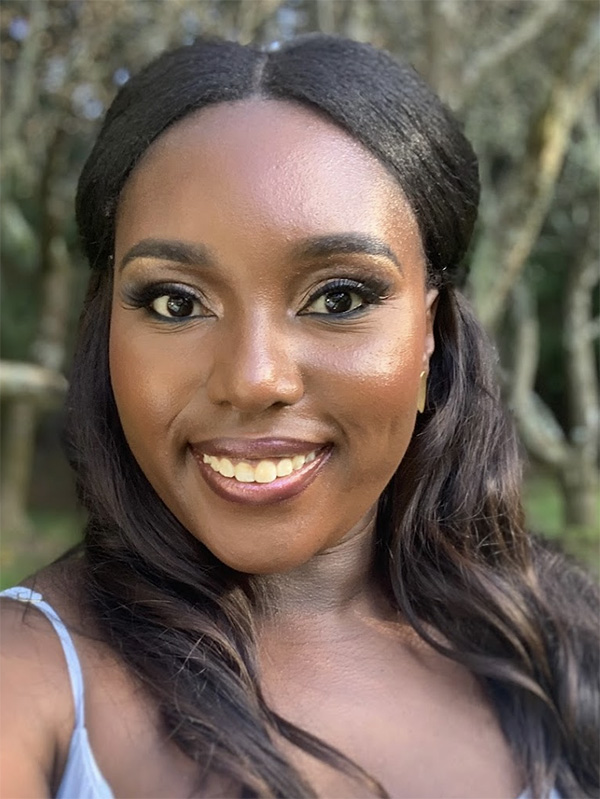
Kai Holder, Northwestern University, Medicine and Public Health
Kai’s project is a Parent Readiness Psycho-Education Program that hosts educational seminars focused on self-agency and empowerment for young pregnant and postpartum women.
_________________
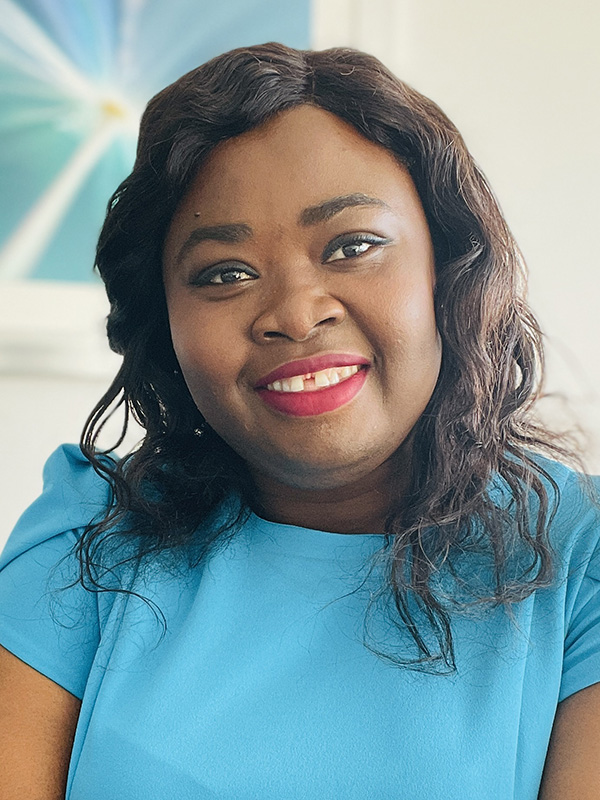
Chinasa Imo, University of Chicago, Social and Health Policy
Chinasa is interested in reducing disparities in access to care for women and youths facing domestic abuse/violence in Chicago. Her Project will create a safe space support program where women and youths facing violent abuse can receive tailored, wrap-around support to help them overcome their vulnerabilities.
_________________
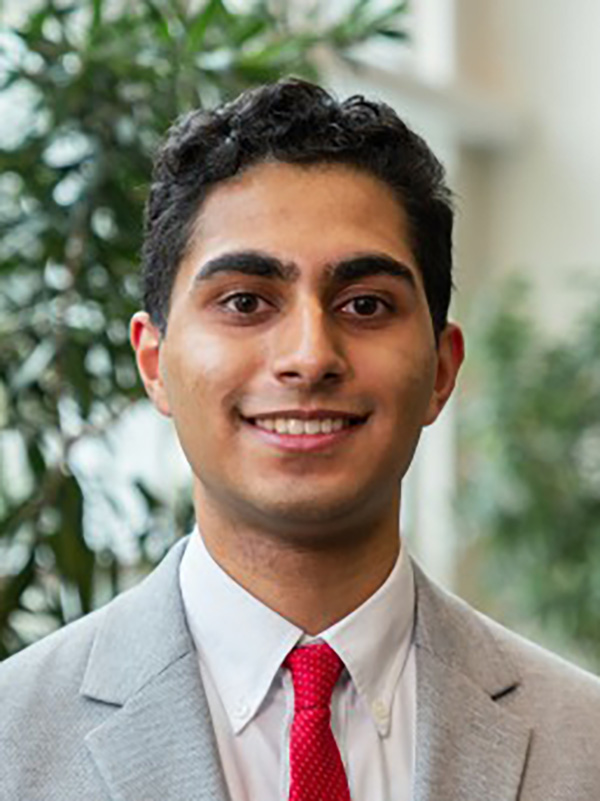
Preetham Kastury, University of Chicago, Medicine
Preetham proposes to create a longitudinal community-based curriculum for older adults in the South Side of Chicago focusing on topics surrounding digital equity (digital well-being, access, safety, literacy etc.). Preetham’s project will be in collaboration with the SHARE (Supporting Healthy Aging Resources & Education) Network.
_________________
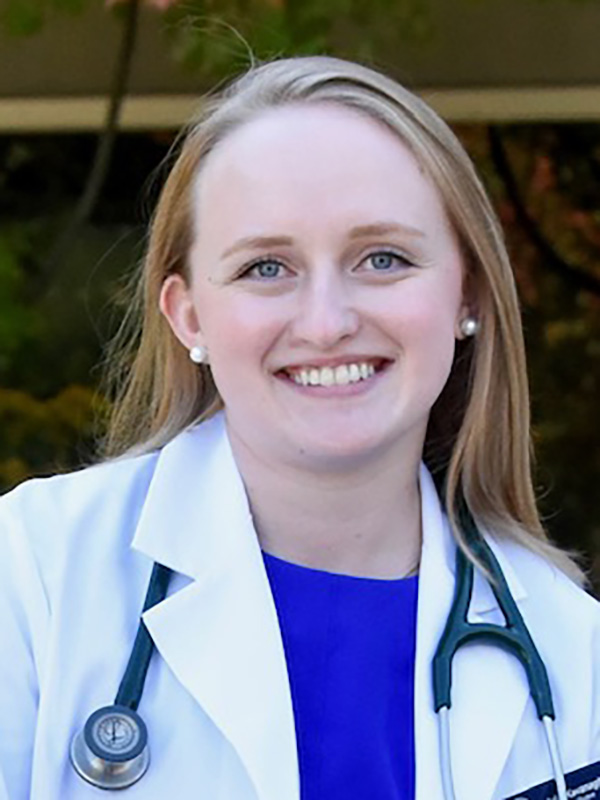
Julia Kavanagh, Midwestern University, Medicine
Julia will partner with the LYDIA Home to address the poor health outcomes of children in the foster care system. Through education activities and self-empowerment, this project will work to combat early health disadvantages and improve the health literacy of Chicago’s foster care youth.
_________________
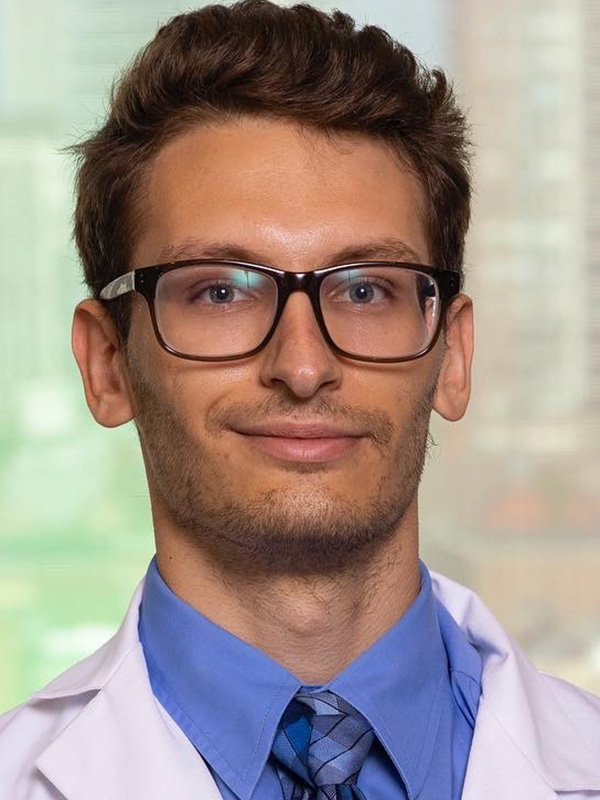
Tyler Linder, Rush University, Medicine
Tyler is facilitating a community educational program through Rush University and Project sWish Chicago for underserved youth affected by gang violence. Project sWish hosts basketball tournaments during times of high gang violence and by working together this program will educate children about mental/physical health and provide information regarding health care.
_________________
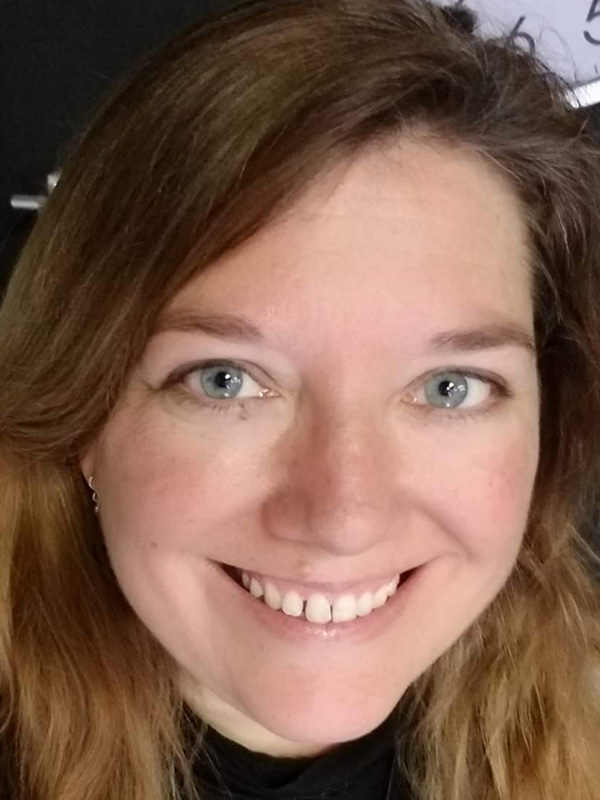
Jacqueline Lueken, Loyola University Chicago, Social Work
Jacque proposes to facilitate support groups for Caregivers and Supporters of loved ones who have been diagnosed with a chronic illness or disease using arts integration. These groups will provide a space for those who are often the last to ask for help or support a space to make connections, share their hardships and experiences, and find a much needed reprieve from being the “one leaned on” in order to help them continue to be there fully for their loved ones.
_________________
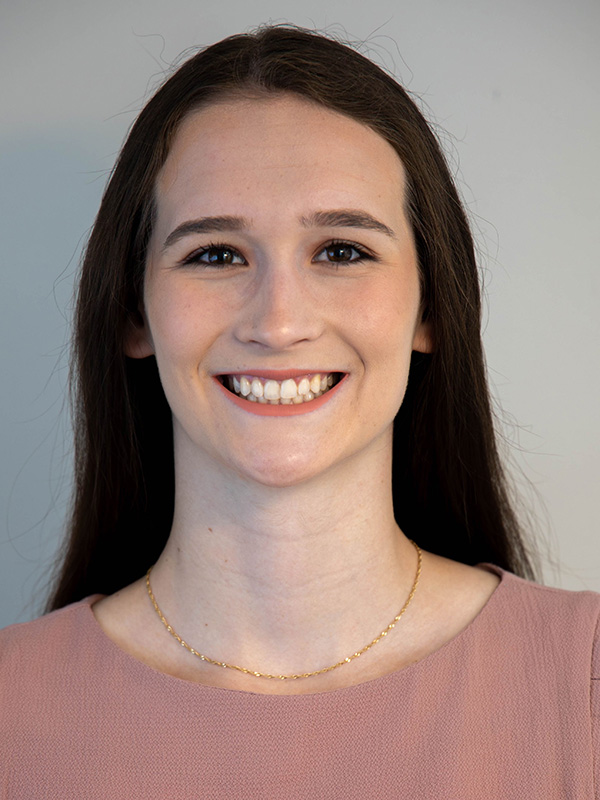
Paige Madden, Midwestern University, Dentistry and Public Health
Paige’s proposed project involves making sure that senior citizens in our community benefit from the preventative measures of health.
_________________
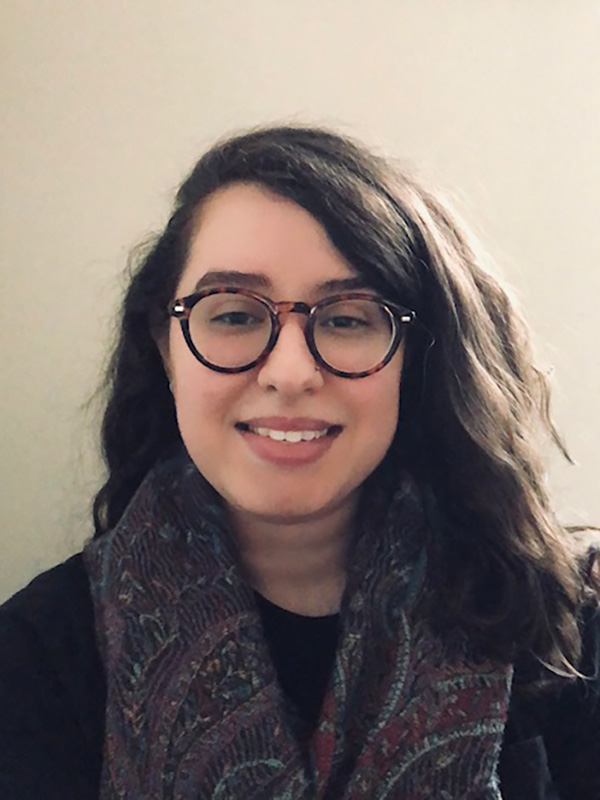
Sahar Al-Najjar, Adler University, Clinical Psychology
Sahar values advocating for diverse communities and uplifting the narratives and lived experiences of marginalized identities who have often been underrepresented. Sahar proposes to initiate a therapy support group for BIPOC individuals from marginalized backgrounds who seek trauma-informed mental health support. The therapy group will serve as a social support for individuals who do not have equitable mental health resources within their community.
_________________
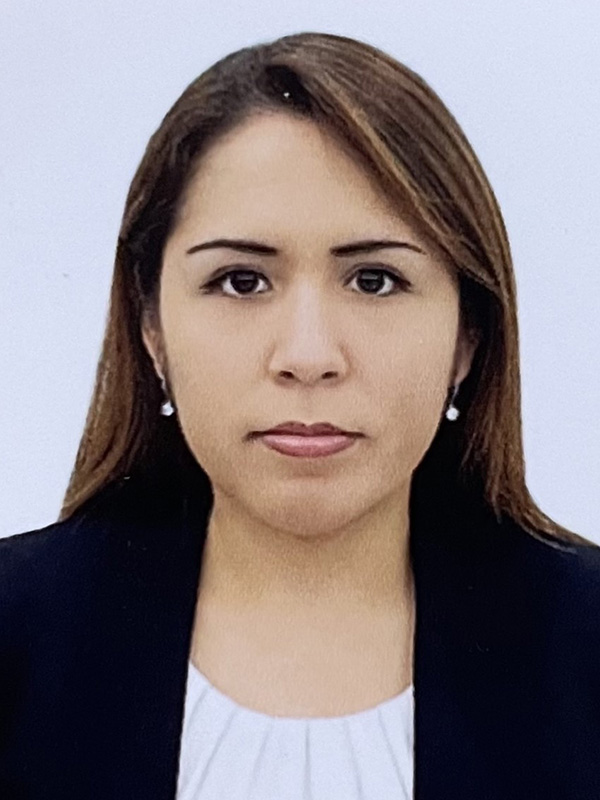
Angela Olivar, University of Illinois Chicago, Dentistry
Angela proposes to raise awareness about the importance of oral healthcare, providing educational sessions and to address factors that limit Latino communities in seeking continuous oral healthcare services.
_________________
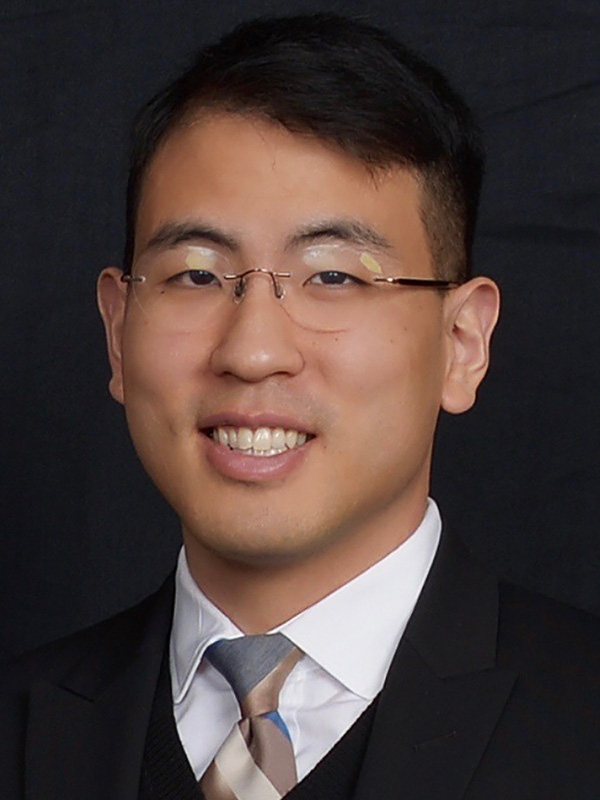
Simon Park, Loyola University, Medicine
Simon will lead a self-advocacy medical training program for blind and visually impaired (BVI) residents at the Friedman Place in Northwest side of Chicago. This effort will equip BVI adults with knowledge in basic medical terms and communication skills to advocate for improved health and wellness.
_________________
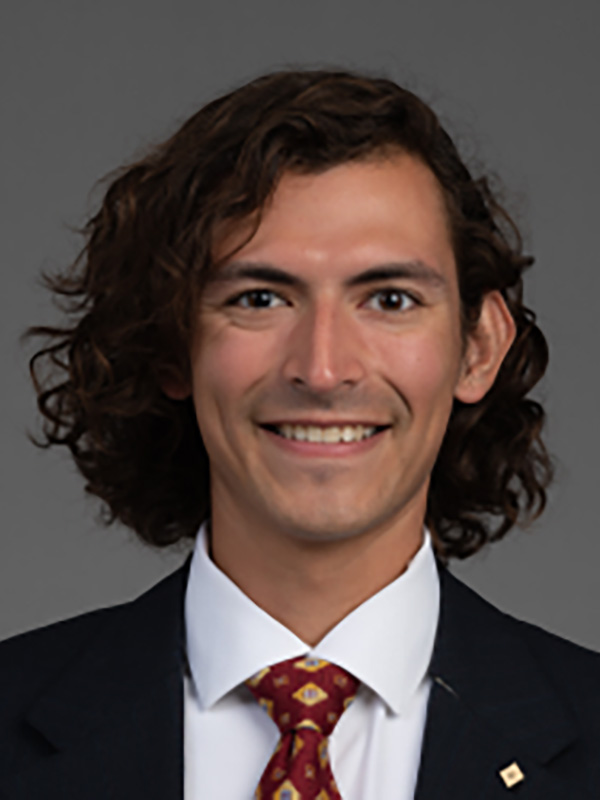
Evan Patel, Rush University, Medicine
Evan plans to improve the accessibility of otolaryngology care for Chicago’s homeless population through the development of free in-person and telemedicine clinics. These clinics are a small but important step in dismantling preexisting barriers that homeless populations face in receiving quality healthcare.
_________________
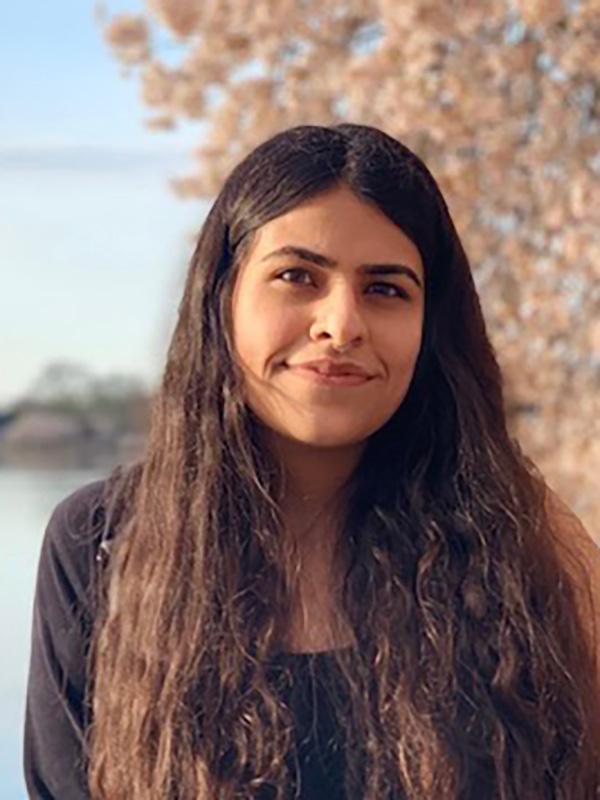
Fatima Rasoul, Loyola University, Social Work
Fatima proposes to develop a program to provide social supports for refugee and immigrant mothers. Her program foci are maternal education and mental health support to promote maternal and child health, as well as providing support to diminish the bureaucratic barriers preventing access to social welfare programs.
_________________
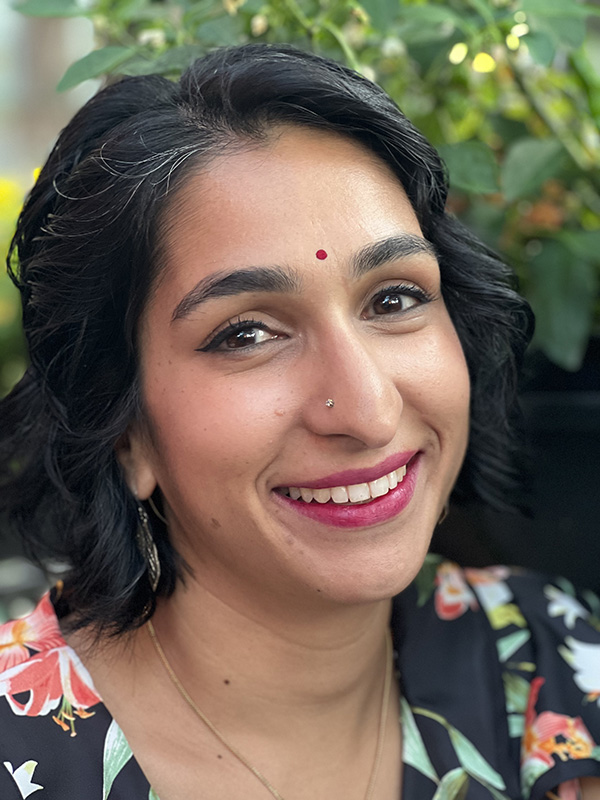
Ambika Seshadri, DePaul University, Nursing
Ambika proposes to establish or expand prenatal support programming at a clinic on the South Side of Chicago that serves African American women. The program curriculum will provide health screening, education to promote health literacy and self-advocacy, and social support.
_________________
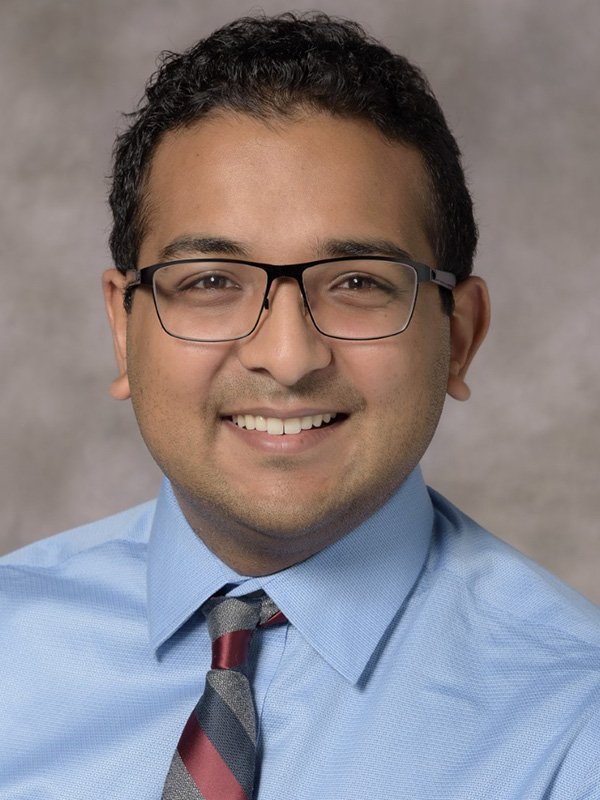
Chirag Shah, Midwestern University, Medicine
Chirag proposes a medical literacy program that serves non-English speaking Spanish residents. The program will provide information on accessing healthcare and understanding individual health.
_________________
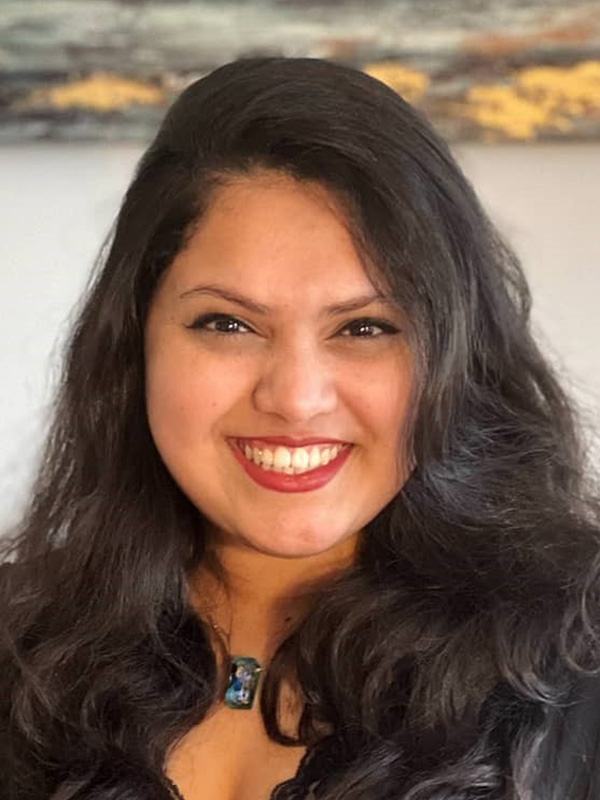
Michelle Soans, DePaul University, Research Psychology
Michelle proposes to implement resilience building workshops at Cook County Jail’s Women’s Division. The workshops will provide women with practice based coping strategies, mental health education and resources, as well as career development tools, to promote mental wellness and empowerment.
_________________
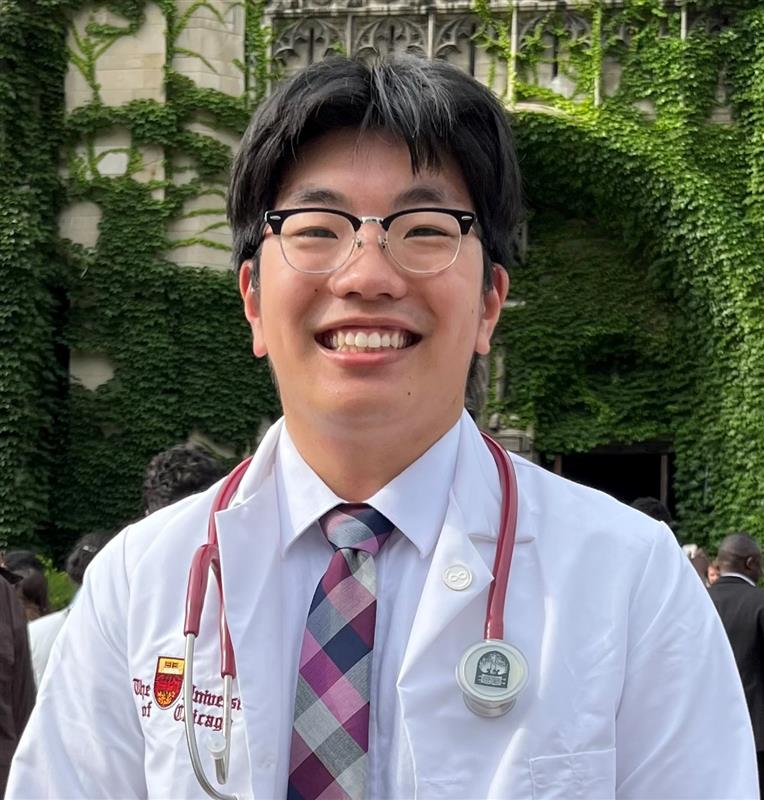
Alexander Wang, University of Chicago, Medicine
Alex plans to work with the Coalition for a Better Chinese American Community to sustain and expand upon the Origin Youth Program, a youth-led program that empowers high school students to develop and carry out civic engagement projects of their choosing. This project will support students in the Origin Youth Program as they develop their sense of identity.
_________________
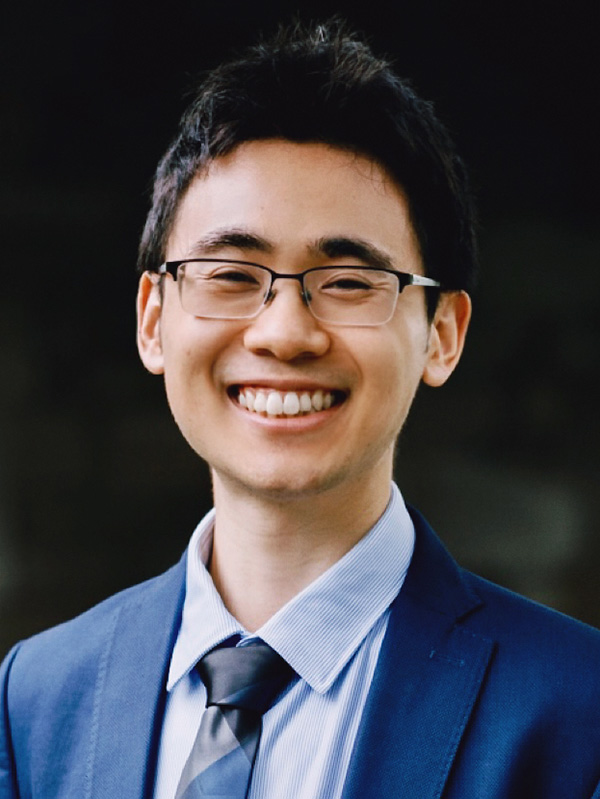
Jason Xiao, University of Chicago, Medicine
Jason’s project centers on raising awareness on health disparities in visual health, organizing low-cost vision screenings and referrals. He will develop an educational curriculum for members of the Bridgeport/Chinatown communities to be better equipped to take charge of their visual and systemic health.
_________________
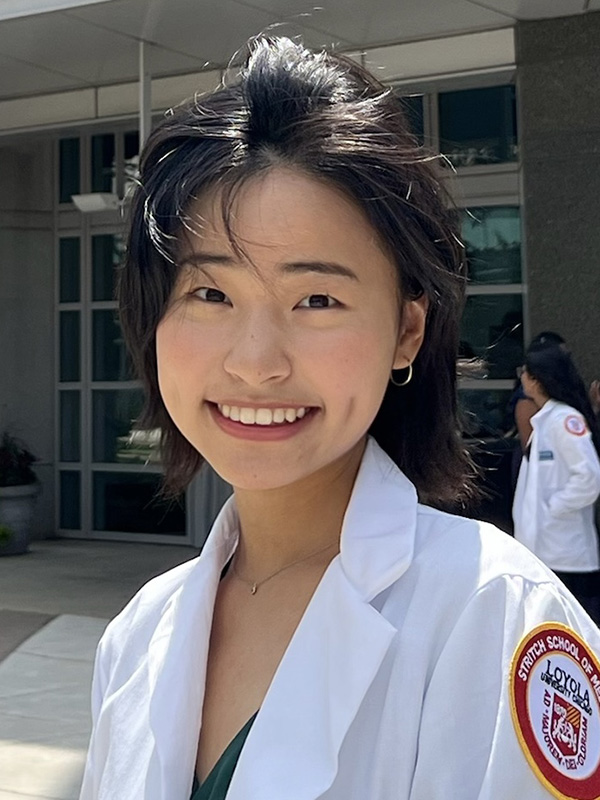
Karen Yuan, Loyola University, Medicine
Karen will partner with the Center on Halsted to address the unique aging challenges and caregiving needs of LGBTQ+ older adults. She will implement healthy aging initiatives that increase visibility in LGBTQ+ aging, foster intergenerational connection, and connect seniors and their caregivers with community assets so that more LGBTQ+ older adults will have the support and resources to live life to the fullest.

